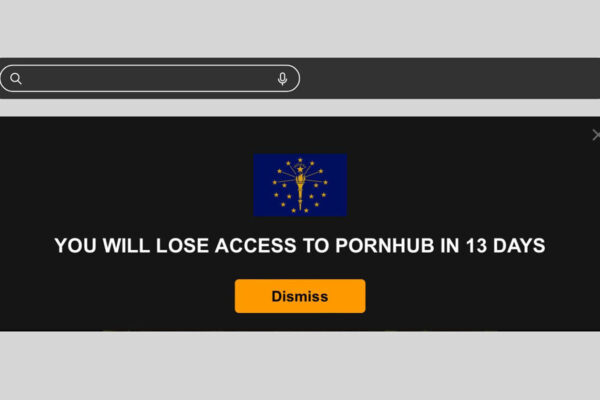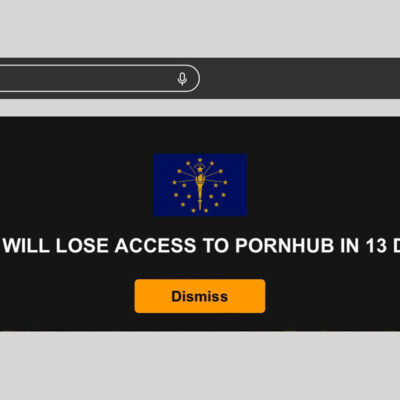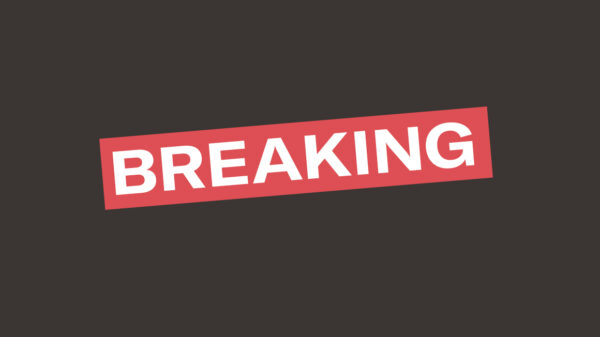During my second week as the new executive director of the ACLU of Indiana, I found myself in front of the Senate Judiciary Committee testifying against Senate Bill 17, an online age verification bill supporters claim is aimed at preventing minors from accessing pornography.
You can imagine how popular that made me with the other parents of teenagers in my neighborhood. Nonetheless, the position was the right one to take to protect the Constitutional rights of Hoosier adults.
The bill passed the legislature, was signed by the governor, and was scheduled to take effect this week. Fast forward to last Friday, when Pornhub, the most visited pornography website in the United States (and the country’s 10th most visited website of any kind) blocked access to its site in Indiana because of our state’s age-verification law. In announcing their plans, Pornhub’s parent company explained in a statement, “Any regulations that require hundreds of thousands of adult sites to collect significant amounts of highly sensitive personal information is putting user safety in jeopardy.”
Led by the Free Speech Coalition, Pornhub, other websites, and individual performers filed suit against the state. Late last week, US District Court Judge Richard Young put Senate Enrolled Act 17 on hold because he found that it was “likely facially unconstitutional under the First Amendment. In other words, it is likely the law is unconstitutional in toto.”
The ACLU of Indiana strongly agrees with this decision. The First Amendment doesn’t just protect a speaker, but also those who want to hear what someone is saying. And in the case of constitutional protections, “speech” is interpreted broadly to include video productions, including pornography. Protecting free speech is not a theoretical exercise. Today, local and state government officials in Indiana are threatening free speech in our libraries, schools, universities, public spaces, and online.




